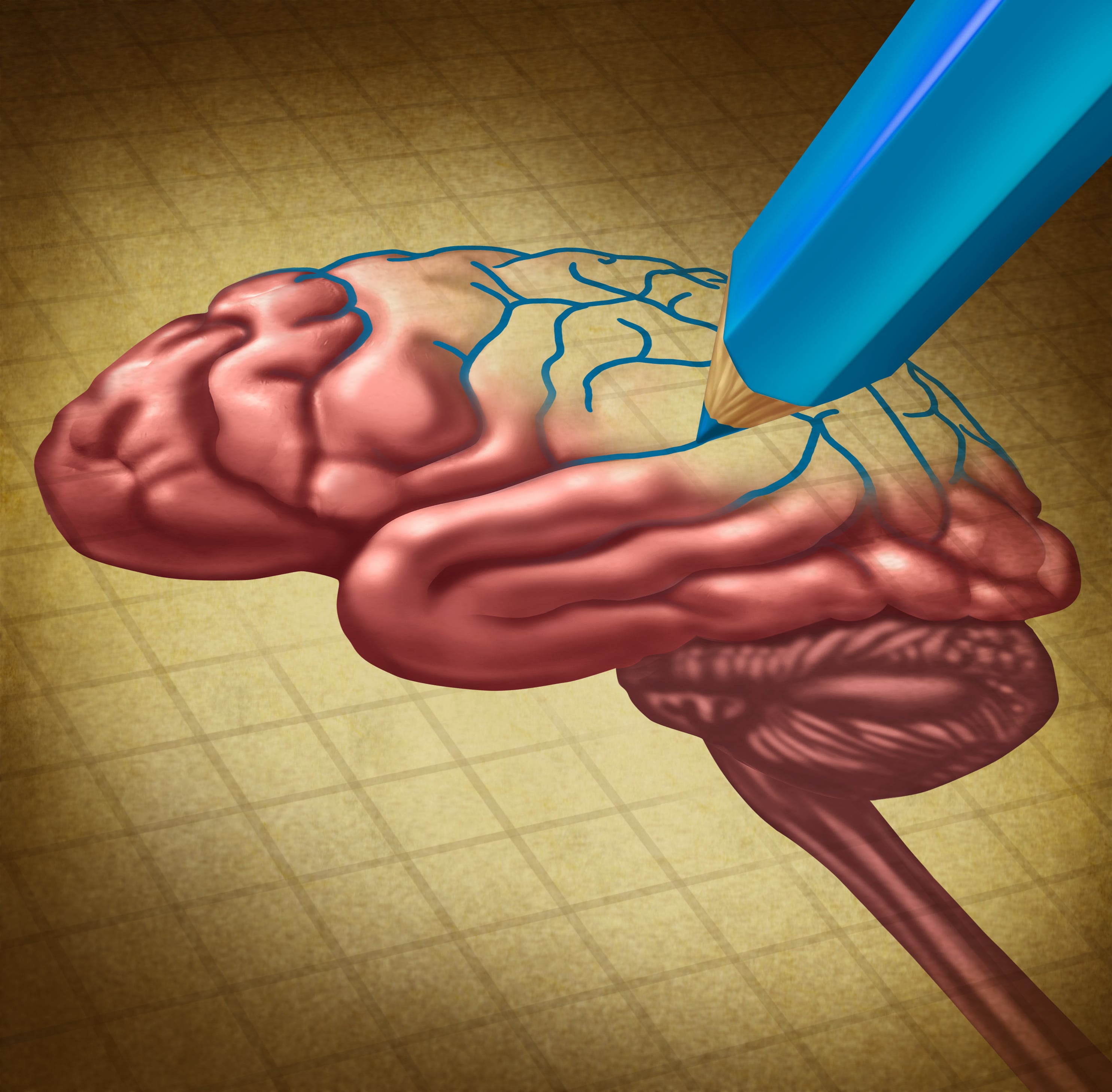
While the use of ketamine to help treat symptoms of depression, PTSD, and other mental health disorders has certainly gained interest in recent years, a very exciting and somewhat unknown correlation involves how ketamine and other psychedelics promote neural plasticity.
The benefits of ketamine have been well-documented, but beyond the common, clinical uses of the drug, the ketamine neuroplasticity relationship continues to dominate the recent studies of doctors and researchers.
The Ketamine Neuroplasticity Correlation
The fascination of ketamine neuroplasticity is primarily derived from ketamine’s involvement in BDNF, or the brain-derived neurotrophic factor. When ketamine enters the body, it breaks down into multiple metabolites, which blocks activity of the glutamate neurotransmitter on the n-methyl d-aspartate (NMDA) receptor. This activity leads to an increase in BDNF, a protein which plays an important role in the growth and maintenance of brain neurons, and allows for neuroplasticity.
In simple terms, neuroplasticity provides flexibility in the brain, and gives these neurons the ability to change. As a result, these therapeutic, or “zen” moments following the use of ketamine can act as critical components to enabling change within the prefrontal cortex. In these moments, there first seems to be a restoration of coordinated circuit activity, followed by the effects of neuroplasticity in synapses, which then maintain behavioral benefits over time.
How the Effects of Neuroplasticity Can Assist in Behavioral Treatment
Ketamine-based neuroplasticity is related to the alleviation of depression, anxiety, and PTSD because these new connections, or synapses, made during the neuroplasty process allows for deeper insights in the brain, as an individual’s mental circuitry is “rewired.” When under the effects of ketamine, individuals actually have the ability to somewhat “reprogram” their brain in a limited, novel capacity.
Researchers are excited by this potential development particularly because of ketamine’s role in acting on glutamate, rather than the more common “monoamine” neurotransmitters that other antidepressants target. Glutamate plays an important role during the changes that synapses undergo in response to experiences that support learning and memory. This is why many researchers believe neuroplasticity lies at the heart of ketamine’s antidepressant effects.
Ketamine Treatments For Depression
Ketamine Clinics Los Angeles (KCLA), has quickly established itself as the leading mental health clinic to administer ketamine treatments for depression. Dr. Steven L. Mandel, the founder and medical director of KCLA, provides ketamine infusion therapy as a means to treat depression, anxiety and PTSD, and understands the critical role neuroplasticity plays in the alleviation of these disorders’ symptoms. Ketamine infusion therapy involves a professionally administered series of six ketamine infusions over the course of 2-3 weeks, which seeks to alleviate the symptoms of mood disorders such as depression. With over 40 years of experience utilizing ketamine as a board-certified anesthesiologist, Dr. Mandel has performed over 14,000 ketamine infusions, working closely with patients to treat them through personally-tailored infusions in a safe and reliable environment.
KCLA is proud to continue its developments in ketamine neuroplasticity, keeping in mind the safety and care of patients who seek to use ketamine as a means for treatment. Learn more about ketamine treatments for depression, or browse some frequently asked questions regarding KCLA’s many treatment plans and services.
